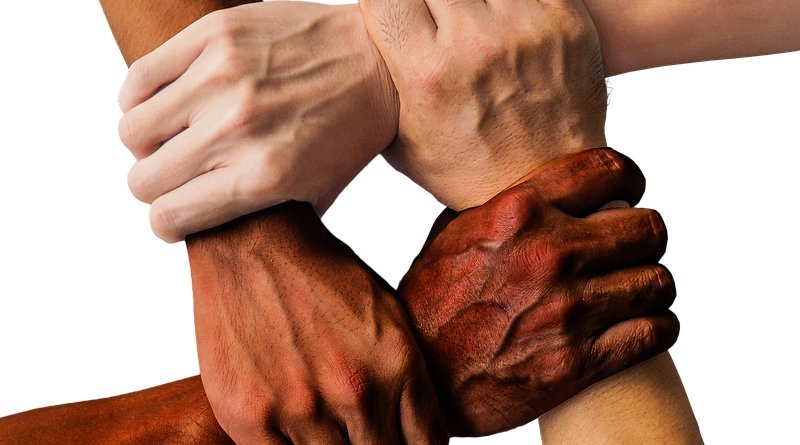Interfaith Support Can Ensure Good Overcomes Evil – OpEd
By Ray Hanania
One question I frequently get asked by my fellow Americans is, “Why don’t Muslims and Arabs denounce violence?” This is incredible because I know that they do so all the time. The question comes from a lingering racism that is fueled by naivete on the part of most Americans.
On Saturday, a gunman — later identified as Briton Malik Faisal Akram — entered a synagogue in Colleyville, Texas, and held four people, including the congregation’s rabbi, hostage for nearly 11 hours. He demanded the release of Aafia Siddiqui, a Pakistani neuroscientist who was sentenced to 86 years in prison for attempting to murder a US soldier while in custody in 2010. Siddiqui is married to the nephew of Khaled Sheikh Mohammed, the co-plotter of the Sept. 11, 2001, terrorist attacks.
As soon as the news broke that a gunman had taken hostages, Islamic leaders and congregations across the country denounced the act of terror and prayed for the safety of the hostages, who were all Jewish.
Previously, in 2018, 46-year-old Robert Gregory Bowers killed 11 people at the Tree of Life Synagogue in Pittsburgh. Immediately, Muslim and Arab community leaders around the country denounced the violence and expressed support for those affected. The Muslim community even raised nearly $1 million to help the victims’ families.
These are just two examples of how Muslims and Arabs speak out against violence. There are many more. Although there may be religious and political differences between Jews, Arabs and Muslims, for the majority there is no disagreement about opposing violence.
Extremists on both sides might exploit the violence to foment anger and attempt to exploit the political differences that separate the communities. But my support for Palestine does not diminish my support of Israel or my opposition to the use of violence. And most Arabs and Muslims that I know feel the same.
We can have a passionate argument about the politics of Israel and Palestine, but that discussion need not embrace violence against the other. Why is that so hard to believe? The majority of Christian Arabs and Muslims are peaceful and share the same values as Jews.
In the wake of Saturday’s hostage-taking, anti-Muslim groups and high-profile figures denounced “Islamic Jew hatred” and criticized Jewish leaders who have embraced Muslims. But you cannot complain about stereotyping — because that is what anti-Semitism is — by stereotyping another religion, Islam, in order to justify your attacks.
In order to ensure genuine peace, tolerance and acceptance, Muslims, Christians and Jews all have to speak out against the extremism in their own communities.
The attack on the synagogue in Colleyville was an attack not just on Judaism, but also Christianity and Islam too. Religious hatred, often driven by twisted political intolerance, is a common sickness. If you hate one, you hate them all.
The biggest challenge is to prevent the extremists from conflating racism and political disagreement, falsely asserting that they are the same. We see that in all communities. Many Jews accuse Arabs of anti-Semitism because they criticize the Israeli government’s policies. That is wrong.
Politics and racist hatred must be separated. Politicians need to choose their words carefully so as not to empower the extremists. They need to control their anger and the anger of their communities to prevent it from fueling hate.
What we need is for the leaders of the Jewish, Muslim and Christian communities to come together and redefine the dialogue so that we can engage in political debate while avoiding racist hate. In fact, that might make a good slogan: “Engage in political debate, avoid racist hate.”
How the Arab and Muslim communities came out in support of the Jewish community in Colleyville made me proud and reinforces my confidence that the good in this world can overcome the evil.

